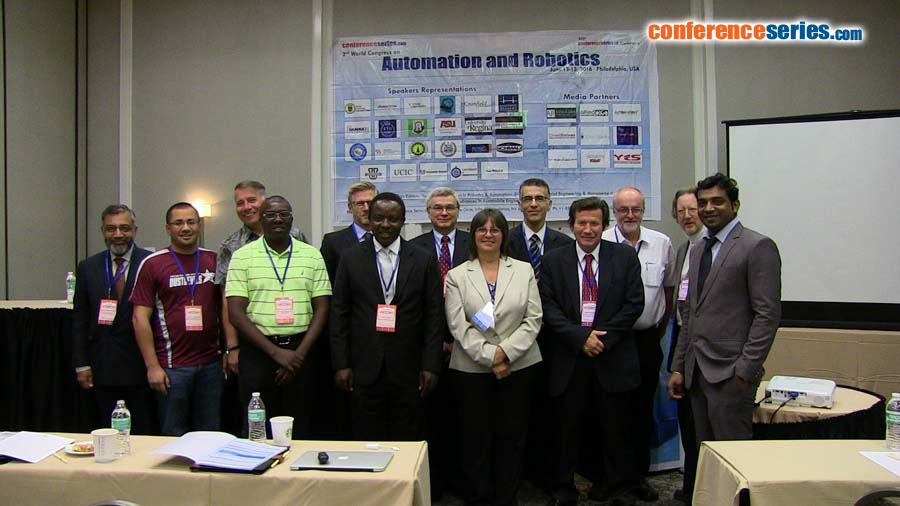
Asim ur Rehman Khan
National University of Computer & Emerging Sciences, Pakistan
Title: Predictive controller design using ANOVA
Biography
Biography: Asim ur Rehman Khan
Abstract
Analysis of variance (ANOVA) provides a new direction for the design of predictive controllers. These controllers are robust and efficient. Besides, they are able to somewhat counter the effect of parametric variations and the effect of sporadic noise of short duration. By appropriately selecting the parameters, these controllers are able to provide dynamic behavior of a system. The final result is made by testing the hypotheses. Traditionally, there are two approaches for design of a controller. These are deterministic and the probabilistic approaches. The deterministic controllers are commonly based on PID (proportional-integrate-derivative) and its variations. The design can be an open-loop or a closed-loop. An alternate approach is using ARMA (auto-regressive moving average) and its variations. In probabilistic approaches, the Bayesian model is quite known. The other approaches are LS (Least Square) and MMS (Minimum Mean Square) approaches. The LS Wiener-Hopf approach has been successfully implemented in several real life problems. An extension of LS controller is RLS (Recursive Least Square) method which performs better in slowly converting controller design. The ANOVA based approach uses statistical approach to predict the parameters of a controller. With sufficiently large number of parameters, the controller performs well close to the above more sophisticated approaches. This work reviews the pros and cons of using ANOVA based controller design with other more established approaches. These controllers are simple to implement and they are faster in execution
Speaker Presentations
Speaker PPTs Click Here






